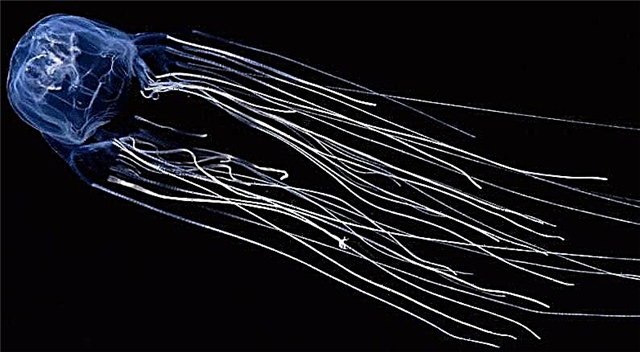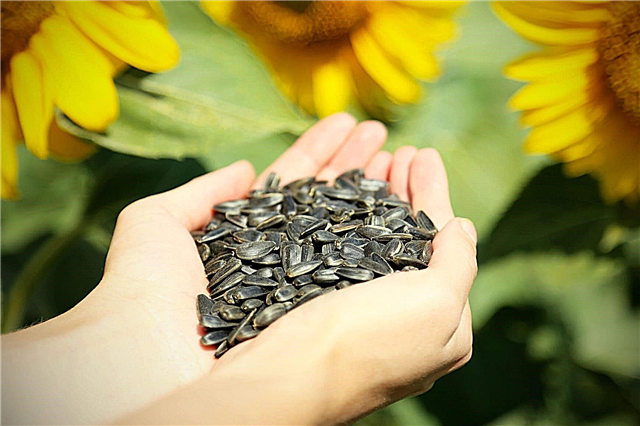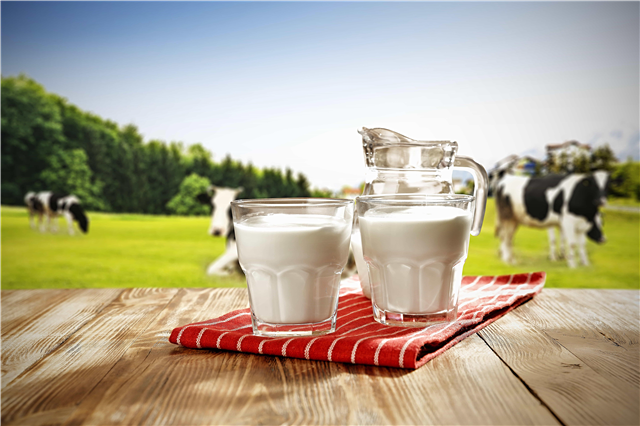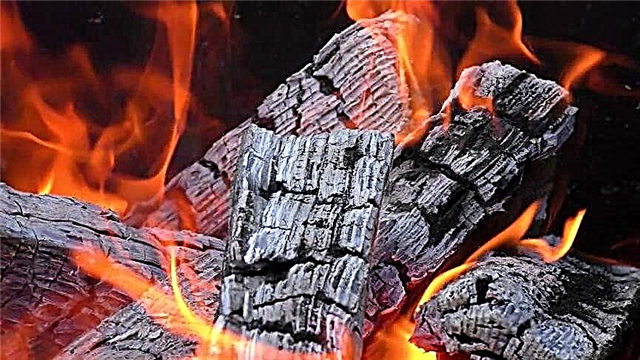
Cep - recognized king of the forest. It grows in late summer, in the autumn period, is found in Russia almost everywhere.
In moderately humid, not too cold weather, it grows abundantly among pine trees, oaks, and birches. It can bear fruit on moss, sandy soils. Any mushroom picker is happy to discover boletus - this is another name for cep. Despite the prevalence of a delicious, healthy forest gift, a number of interesting facts about it are not known to everyone. And you should definitely talk about them.
Is the white mushroom always white?
The porcini mushroom bears its name not because of the light shade of the hat - just it happens to be any, from light cream to black. Its color changes with the age of the fruiting body, depending on the soil, type of forest. White color is characteristic for pulp - contact with air, drying, heat treatment do not change its color. The hat of an adult mushroom has a lot of pulp.
The most massive part of the young mushroom is the leg, the hat at this moment has the shape of a hemisphere. In the process of growth, the leg loses its original barrel-shaped form, becoming smooth, more slender. The hat is gaining mass, increasing in size, revealing. Its diameter reaches 20 cm and exceeds this indicator. In height, an adult mushroom can reach 20 cm or more.
Nutrients in the composition of the cep
A delicious fruit body is not only distinguished by its special taste and aroma. It is characterized by an extremely useful composition.Borovik contains carotene, vitamins C, B1, D. Protein, polysaccharides, zinc, sulfur, manganese - not a complete list of substances that are contained in each of the fruiting bodies.
Copper, iodine, natural antibiotics are also present - the latter are able to suppress the vital activity of dangerous intestinal bacteria without harming the body. Riboflavin is also present - together with iodine, it is able to support the thyroid gland, also contributing to perfect appearance, rapid growth of hair and nails, and renewal of the skin.
Curious facts about porcini mushroom
Many people are accustomed to consider the porcini mushroom to be a primordially Russian mushroom. It is in our kitchen that there is a huge variety of dishes with its use, a lot of cooking methods from the simplest to the most sophisticated. Soup using these forest fruits is considered a dish that is simply impossible to spoil. But in fact, the white mushroom has the widest distribution area from the tundra zone to the subtropics, it is eaten in at least a dozen countries. It is able to adapt to almost any climate, and this makes it unique. But there are other facts that may surprise.
- Dishes with porcini mushrooms are considered especially tasty not only in Russia, but also in France and Italy;
- The porcini mushroom can adapt to almost any living conditions - this once again proved the study of the destroyed reactor in Chernobyl. The survey was carried out with the participation of a robot, which discovered there growing mushrooms of this species, which developed in the usual way, not at all suffering from radiation;
- The shade and appearance of ceps in deciduous and coniferous forests can vary significantly;
Mushrooms are able to accumulate harmful substances and radiation, therefore they are not recommended to be collected in contaminated areas, this is fraught with oncology. But the pure fruiting bodies of mushrooms are characterized by antitumor qualities, which makes them interesting material in the fight against cancer;
They are also able to tone the body, and their extract helps to cure frostbite;
Dishes with porcini mushrooms stimulate the secretion of digestive juices and the digestive tract more than broths from meat;
The largest boletus was discovered in 1961 - this was announced by Moscow Radio. The champion had a weight of more than 10 kg, the diameter of his hat was 58 cm.
Thus, the white mushroom is not only the most delicious gift of nature. This is a useful product with unique properties, and an amazing living organism that lives in a variety of conditions, adapting to them and continuing to actively bear fruit.












